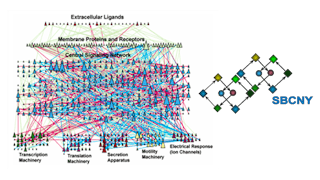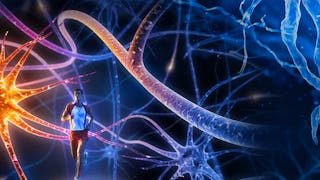Electrophysiology
Electrophysiology is a crucial branch of physiology that studies the electrical properties of biological cells and tissues, playing a vital role in understanding how our bodies function at a cellular level. Coursera's Electrophysiology catalogue teaches you the fundamental principles of measuring voltage changes and electric currents in various biological systems, from single ion channels to entire organs like the heart. You'll learn to perform techniques such as patch-clamp recording, intracellular recording, and electroencephalography, analyze action potentials in neurons, and interpret large-scale electrical signals from the nervous system. Mastering electrophysiology empowers you to contribute to groundbreaking research in neuroscience, cardiology, and other medical fields, opening doors to careers in biomedical research, pharmaceutical development, and clinical diagnostics.
2credentials
8courses
Most popular
- Status: Free TrialFree Trial
 U
UUniversity of Cambridge
Specialization
Trending now
 Status: Free TrialFree TrialU
Status: Free TrialFree TrialUUniversity of Cambridge
Specialization
 Status: Free TrialFree TrialU
Status: Free TrialFree TrialUUniversity of Cambridge
Course
 Status: Free TrialFree TrialI
Status: Free TrialFree TrialIIcahn School of Medicine at Mount Sinai
Course
 Status: PreviewPreviewP
Status: PreviewPreviewPPeking University
Course
New releases
- Status: Free TrialFree Trial
 U
UUniversity of Cambridge
Specialization
- Status: Free TrialFree Trial
 U
UUniversity of Cambridge
Course
Filter by
SubjectRequired *
Required
*LanguageRequired *
Required
*The language used throughout the course, in both instruction and assessments.
Learning ProductRequired *
Required
*Learn from top instructors with graded assignments, videos, and discussion forums.
Get in-depth knowledge of a subject by completing a series of courses and projects.
LevelRequired *
Required
*DurationRequired *
Required
*SubtitlesRequired *
Required
*EducatorRequired *
Required
*Results for "electrophysiology"
Sort by: Best Match





